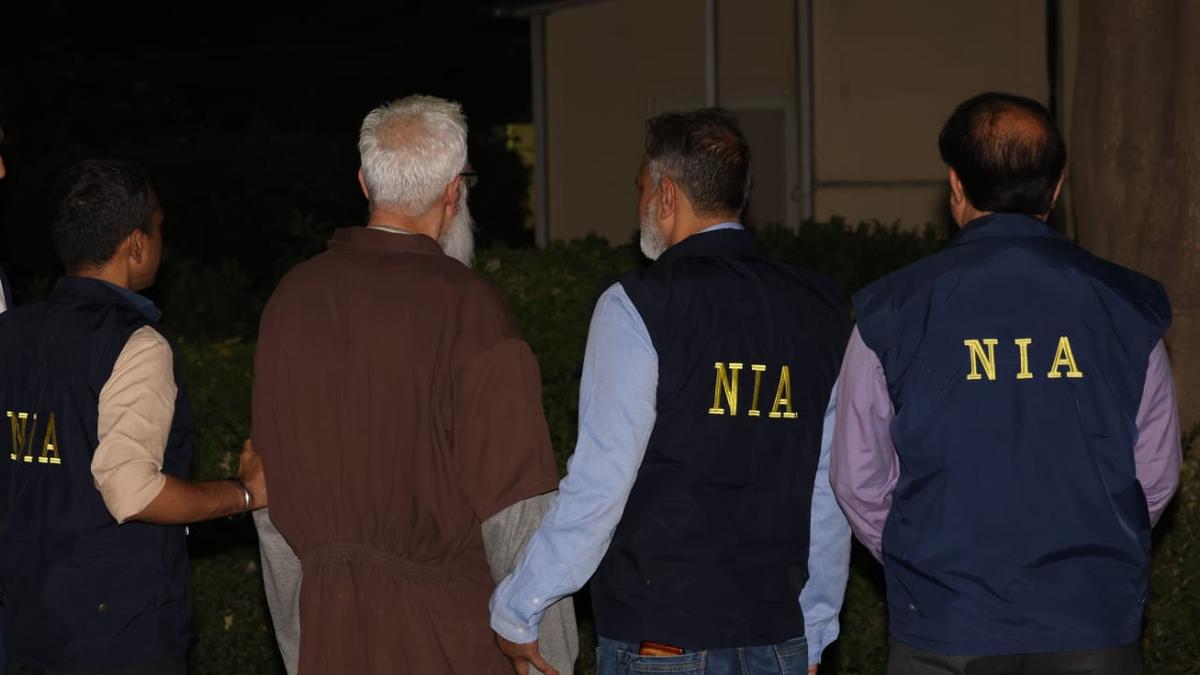The extradition of Tahawwur Rana to India represents a significant development in the pursuit of justice for the 2008 Mumbai terror attacks. Rana's arrival in India on April 10, 2025, following a prolonged legal battle, underscores the effectiveness of international legal frameworks and diplomatic efforts. Time+10AP News+10The Hindu+10Reuters
Background on Tahawwur Rana and David Coleman Headley
Tahawwur Rana, a Pakistani-born Canadian businessman, is accused of playing a pivotal role in the 2008 Mumbai attacks that resulted in the deaths of 166 individuals. Rana's association with David Coleman Headley, a U.S. citizen of Pakistani origin, is central to the conspiracy. Headley conducted surveillance of potential attack sites in Mumbai under the guise of establishing a business presence, with Rana allegedly facilitating this operation. The Hindu+6Reuters+6AP News+6AP News+4Hindustan Times+4The Times of India+4AP News
Legal Proceedings and Extradition Efforts
The legal journey to extradite Rana to India involved multiple stages:The Times of India+1The Hindu+1
-
Initial Arrest and Charges: In 2009, Rana was arrested in the United States on charges related to plotting an attack on a Danish newspaper. While he was acquitted of charges directly related to the Mumbai attacks, he was convicted for supporting terrorist organizations and sentenced to 14 years in prison. OpIndia+4The Times of India+4AP News+4The Times of India+2AP News+2Reuters+2
-
Extradition Request: In June 2020, India formally requested Rana's extradition to face charges related to the Mumbai attacks. The U.S. legal system evaluated this request under the existing extradition treaty between the two countries. AP News+7Reuters+7Hindustan Times+7The Hindu
-
Legal Challenges: Rana's legal team contested the extradition on grounds including double jeopardy, given his previous acquittal in the U.S. However, the courts determined that the charges in India were distinct and did not violate double jeopardy principles. The Times of India
-
Final Approval: In February 2025, U.S. President Donald Trump announced the approval of Rana's extradition during a press conference with Indian Prime Minister Narendra Modi. This decision followed the exhaustion of all legal avenues by Rana's defense. AP News+2Reuters+2Reuters+2
Diplomatic Significance
The successful extradition of Rana is a testament to India's diplomatic acumen:
-
Strengthening Bilateral Relations: The coordinated efforts between India and the U.S. highlight a robust partnership in combating international terrorism.
-
Enhancing Legal Cooperation: The case exemplifies effective use of legal instruments like extradition treaties to ensure accountability for transnational crimes.
-
Deterrence Message: The extradition sends a clear signal that individuals involved in international terrorism cannot find safe havens, reinforcing global commitments to justice.
Prospects of David Coleman Headley's Extradition
Bringing David Coleman Headley to India would further bolster the pursuit of justice:AP News+4The Times of India+4The Indian Express+4
-
Testimony on Conspiracy: Headley's insights could shed light on the operational dynamics of the attack and the roles of various conspirators.Time+2The Times of India+2The Indian Express+2
-
Strengthening Legal Proceedings: His testimony could fortify the legal case against other accused individuals, providing firsthand accounts of the planning and execution phases.
-
Diplomatic Endeavors: Securing Headley's extradition would demonstrate continued commitment to international justice and reinforce diplomatic relations between India and the U.S.
Challenges and Considerations
However, several challenges must be addressed:
-
Legal Complexities: Headley's U.S. citizenship and the legal protections it entails may pose hurdles in extradition proceedings.
-
Security Concerns: Ensuring the safety and security of high-profile detainees like Headley requires meticulous planning and resources.
-
Diplomatic Negotiations: Navigating the political and diplomatic sensitivities surrounding such an extradition necessitates careful and sustained negotiations.
Conclusion
The extradition of Tahawwur Rana marks a significant milestone in India's efforts to bring perpetrators of the 2008 Mumbai attacks to justice. It underscores the importance of international cooperation, legal frameworks, and persistent diplomatic efforts in addressing global terrorism. Pursuing the extradition of David Coleman Headley would further strengthen these efforts, contributing to a more comprehensive understanding of the attacks and ensuring accountability for all involved.



0 Comments
Hi, How are you dear. Hope you are good